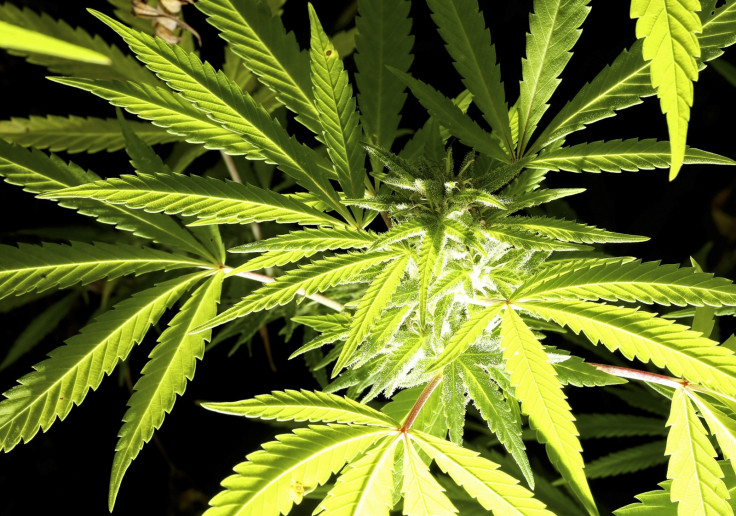Marijuana: Long-term cannabis use dampens brain's response to reward and increases risk of addiction
Findings suggest that smoking marijuana could lead to addiction in the long term.

Marijuana use may dampen people's brain response to reward over time, scientists have shown. This puts them more at risk of becoming addicted to the drug or other substances.
The study, published in JAMA Psychiatry, is the first long-term follow-up of young marijuana users to track their brain responses to rewards over time. Previous research had suggested that long-term marijuana use made the brain's reward system less responsive and was correlated with greater addiction severity and drug craving.
Scientists from the University of Michigan wanted to test this hypothesis, showing that the brain's reactivity to non-drug incentives was compromised by cannabis consumption.
Brain reaction to a game
The team thus set out an experiment to test how frequent cannabis users responded to a monetary incentive. A total of108 people in their early 20s were recruited and went through three functional MRIs over the course of four years.
During the brain scans, they were asked to play a game – clicking a button when they saw a target appear on a computer screen. This game could end in them winning 20 cents or 5 dollars, but also in losing this amount or not getting anything at all.
Analysing the brain scans, the researcher were particularly interested in an area known as the nucleus accumbens – the reward centre of the brain. Indeed, it is known that marijuana use directly impacts this area of the brain, as it stimulates the transmission of dopamine from the ventral tegmental to the nucleus accumbens.

The scientists discovered that participants who reported smoking more marijuana presented a smaller response in their nucleus accumbens. Furthermore, this response diminished over time.
Long-term cannabis use can thus dampen the brain's response to reward and transform the way the reward centre of the brain processes information.
Insufficient reward
These findings have a number of implications for regular cannabis users. "We are all born with an innate drive to engage in behaviours that feel rewarding and give us pleasure," says co-author Elisa Trucco. "We now have convincing evidence that regular marijuana use impacts the brain's natural response to these rewards. In the long run, this is likely to put these individuals at risk for addiction."
One possible mechanism that can lead to an increased risk of addiction is that the blunting of the reward system may lead to further drug use in an attempt to counteract insufficient reward responsiveness.
"Some people may believe that marijuana is not addictive or that it's 'better' than other drugs that can cause dependence," concludes lead author Mary Heitzeg. "But this study provides evidence that its affecting the brain in a way that may make it more difficult to stop using it. It changes your brain in a way that may change your behaviour, and where you get your sense of reward from."
© Copyright IBTimes 2025. All rights reserved.






















